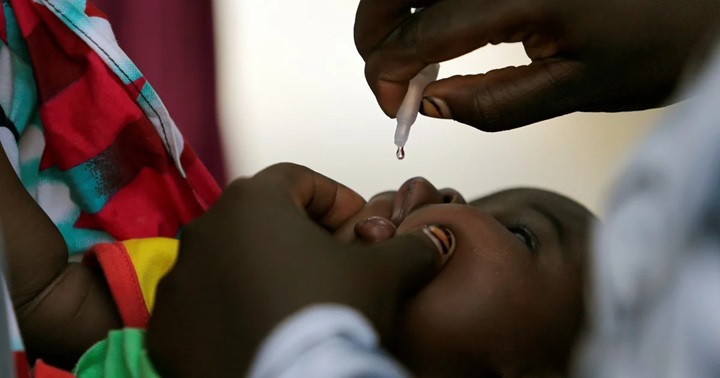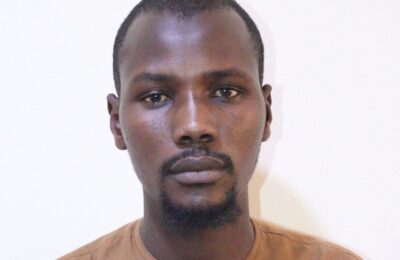In the heart of Kogi State, Nigeria, particularly in Idah and Igalamela/Odolu, whispers of distrust still reverbrates in village compounds and market squares. Some parents are refusing to allow their newborns to receive basic immunizations—or even circumcisions—not because of lack of access, but because of myths deeply rooted in suspicion of foreign influence. A recurring narrative in these communities claims that “the whites brought vaccines and circumcision to reduce procreation in Nigeria.” This myth, while unfounded, has become a powerful deterrent, leaving countless infants vulnerable to preventable diseases.
Global health experts are alarmed at how quickly misinformation spreads in rural areas. The World Health Organization (WHO) estimates that Nigeria still accounts for one of the highest numbers of unimmunized children in the world. “Misinformation is as deadly as the disease itself,” WHO Director-General Dr. Tedros Ghebreyesus warned. In Kogi State, where trust in government institutions is fragile, this mistrust is amplified by generational skepticism about Western medicine. Parents, caught between ancestral beliefs and modern science, often choose the former—at the expense of their infants’ survival.
In Idah, the ancient seat of Igala tradition, resistance to immunization is layered with cultural pride and suspicion of external interference. Similarly, in Igalamela/Odolu, evangelists report that during child welfare campaigns, mothers often hide their babies or simply walk away when vaccinators arrive. One local health worker recounted: “A mother told me she would rather let her child grow naturally than let foreign medicine ‘weaken the child’s bloodline.’” Such perceptions are not only dangerous but have already contributed to cases of measles, neonatal tetanus, and recurring outbreaks of polio in the past.
Faith leaders and community evangelists must step heavily into this gap. In places where health workers are dismissed as government agents, a pastor’s sermon or an imam’s Friday message carries more weight. As one Pastor in Idah explained, “When I tell parents that immunization is God’s provision to protect life, they listen. But when health workers say the same thing, they are ignored.” This highlights the urgent need to frame immunization not as foreign intrusion but as divine and communal responsibility.
Circumcision, too, has become entangled in these suspicions. While circumcision has cultural and religious roots in both Islam and Christianity, some rural parents in Kogi now resist hospital-based procedures, claiming it is a Western plot to interfere with procreation. Yet health experts emphasize that safe circumcision—performed in medical settings—prevents infections and complications that traditional methods often cause. UNICEF stresses: “Every child has the right to be protected from practices that put them at risk. Safe, modern procedures do not erase tradition; they protect life.”
The consequences of these myths extend beyond individual households. When communities refuse immunization, herd immunity breaks down, leaving even vaccinated children vulnerable. In 2023, Nigeria recorded fresh measles outbreaks in states with the lowest vaccination coverage, including Kogi. Global studies confirm that once immunization rates drop below 80%, the risk of widespread epidemics skyrockets. What is at stake in Idah and Igalamela-Odolu is not only tradition but survival.
Evangelism, in this context, is not limited to preaching salvation but to reshaping health choices through trusted voices. Churches, mosques, and community associations in Kogi can serve as platforms to counter myths with truth. “Immunization is not a foreign agenda—it is God’s gift through science,” argued former Nigerian Minister of Health, Dr. Osagie Ehanire. And indeed, history proves that vaccines eradicated smallpox and nearly eliminated polio in Nigeria, saving millions of lives.
The path forward requires persistence. Health campaigns in Kogi must recruit local faith leaders as ambassadors of immunization. Evangelists must frame vaccines not as foreign impositions but as tools of survival aligned with divine mandate. Parents must be reminded that refusing immunization is not an act of cultural resistance but an invitation to needless suffering.
The 21st century cannot be a time when infants in Idah or Igalamela-Odolu die from measles, tetanus, or polio because their parents believed in an old myth. As UNICEF Executive Director Catherine Russell put it: “Every child deserves the protection of vaccines, no matter where they are born.” The responsibility now rests on communities to merge faith, culture, and science—transforming rural evangelism into a bridge between tradition and survival.
When a parent in Kogi State chooses to immunize their child, they are not betraying culture; they are preserving life. And in the end, there is no greater inheritance for the next generation than life itself.
– Inah Boniface Ocholi writes from Ayah – Igalamela/Odolu LGA, Kogi state.
08152094428 (SMS Only)




